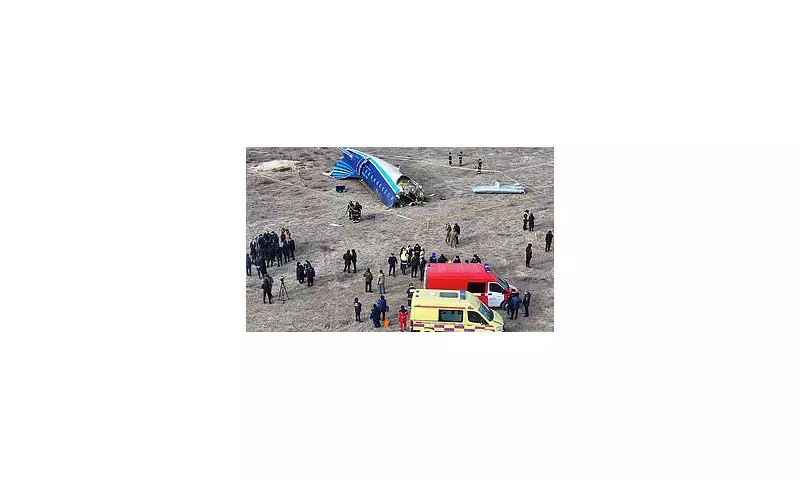
In a startling revelation that has resurfaced a decades-old tragedy, Vladimir Putin has publicly admitted for the first time that Russian military forces were responsible for shooting down an Azerbaijani passenger aircraft on Christmas Day 1991, resulting in the deaths of all 38 people on board.
The Christmas Day Catastrophe
The horrific incident occurred on December 25th, 1991, when an Azerbaijani Airlines Tupolev Tu-134 jetliner was en route from Baku to Akdere. Russian anti-aircraft forces mistakenly identified the civilian aircraft as a threat and launched a surface-to-air missile, causing the plane to crash in mountainous terrain near the Armenian border.
The admission comes after nearly three decades of official silence and speculation surrounding the disaster. Putin confirmed Russian involvement during discussions about historical military errors, marking a rare moment of transparency about a long-contested aviation tragedy.
Victims and Aftermath
The flight was carrying 34 passengers and 4 crew members when it was struck by the missile. Among the victims were:
- Azerbaijani civilians travelling for holiday celebrations
- Several government officials
- The entire flight crew
- Families returning home for Christmas
The crash site was located in remote, snow-covered mountains, complicating rescue and recovery efforts for days following the incident.
Historical Context and Significance
This admission holds particular significance given the timing of the disaster. The shooting occurred during the final days of the Soviet Union's collapse, when military command structures were in disarray and communication breakdowns were common.
Putin's acknowledgment sheds new light on one of the post-Soviet era's most controversial aviation incidents and raises questions about transparency in military operations during times of political transition.
The Russian leader's statement represents a departure from previous official positions and may signal a new approach to addressing historical military errors from the early post-Soviet period.





